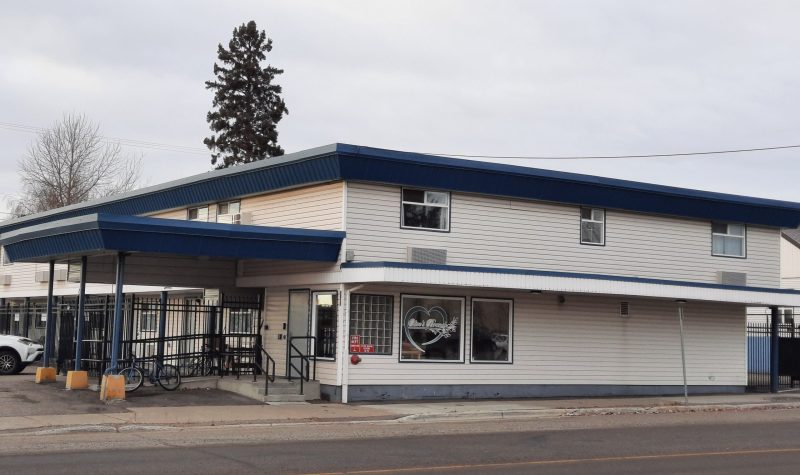The Association Advocating for Women and Community (AWAC) is crafting a tailored strategy for implementing Housing First recommendations in Prince George.
Summarized, Housing First is a strategy to put people into a house before addressing other problems, identifying shelter as a primary need. The strategy was adopted following the Mental Health Commission of Canada’s At Home/Chez Soi survey.
This approach offers housing, but also opportunities to break cycles of poverty and addiction in Prince George. Connie Abe, AWAC’s Executive Director, admits that the process has been challenging at times but ultimately effective. Abe emphasizes that requiring sobriety as a condition hinders the strategy's effectiveness. Abe describes that barrier, “But if we're saying to them, you need to do that in order for you to get housing, they're not going to step foot into the building. Because they're just trying to survive.”
AWAC communicates to clients with dependencies that a path to substance abuse recovery is available if and when they are ready, without external pressure. Abe highlights the importance of being accessible to individuals at any stage of life.
Despite successes, AWAC acknowledges gaps in the system, such as the need for more recovery spaces like detox centres and transitional housing options. AWAC's Olive Branch project provides a sober living community for up to three years, addressing the lack of second-stage housing in Prince George. Abe stresses the necessity of this, not just low-barrier housing. People in Prince George need shelter while waiting for a bed at treatment centres, which are also at capacity. Following treatment, people have a hard time finding housing to transition into.
Abe reminds us that people do succeed, “There is recovery. We need to focus on that. And kind of promote, ‘let's get into more second stage housing,’ as well as the low barrier housing.”
Listen to the radio story below:


